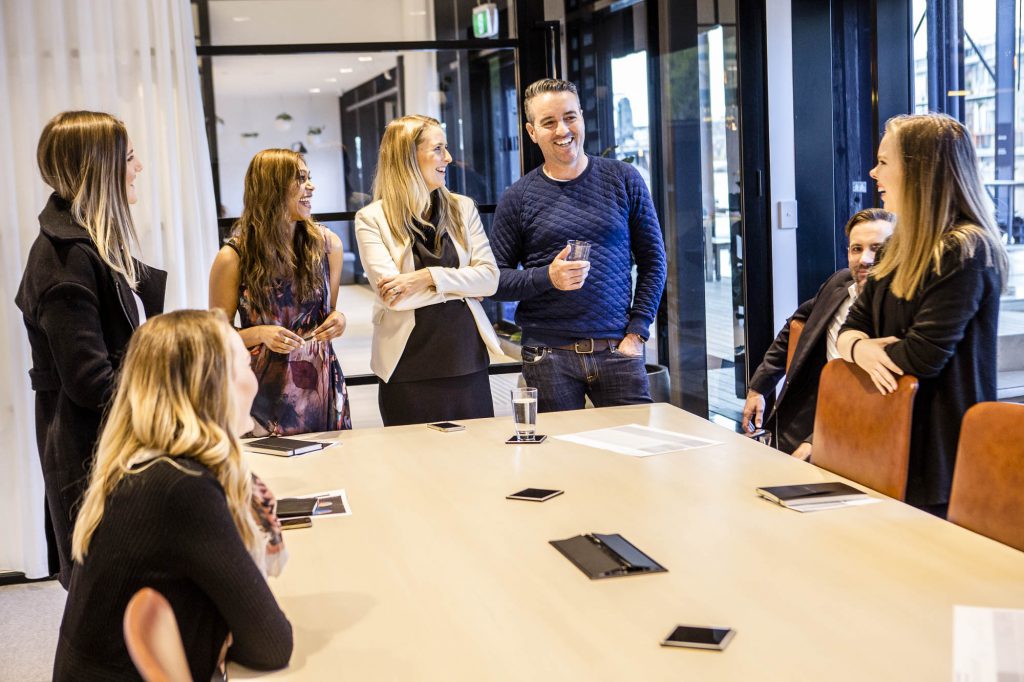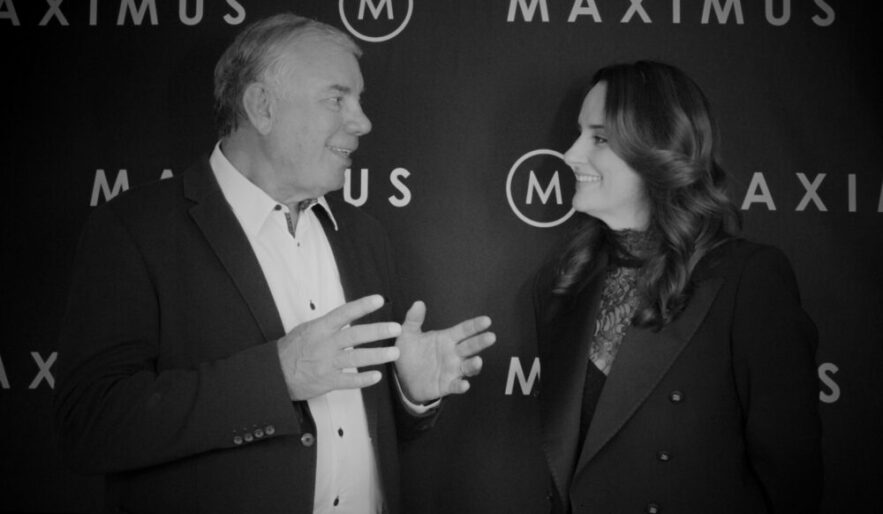HOW TO SUPPORT THE WELLBEING OF EMPLOYEES AND CREATE A CULTURE OF THRIVING.
Over recent years wellbeing has attracted increasing attention and investment. This has been driven by several factors including societal attention on mental health and the growing understanding that organisations have a duty to improve health and wellbeing, not just mitigate risks.
Simultaneously, trends such as an increasingly global and competitive market, ageing population and rapidly changing technology, provide great opportunities to the way we work, but also significant threats to our wellbeing. The increasing pressure placed on organisations naturally flows through to employees who experience increasing demands such as job insecurity, longer working hours, more challenging work and greater overlap between the person’s working and non-working life. It’s time to create a culture of ‘thriving’ in the workplace to allow individuals and teams to lead meaningful, energised, and healthy lives.
In this Whitepaper we provide some evidence-based suggestions for leaders to cultivate and develop a thriving organisation, thereby ensuring they stay globally competitive.
A PwC report titled ‘In Creating a Mentally Healthy Workplace: Return on Investment Analysis’ estimated the investment in wellbeing initiatives provide a $2.30 return for very $1 spent








